If you’re planning a trip to the U.S., you’ve probably heard that tipping is a big deal. Unlike in some countries where service charges are included, tipping in the U.S. isn’t just expected—it’s a cultural norm. But don’t worry, tipping doesn’t have to be confusing or stressful. Here’s a straightforward guide to help you navigate the world of U.S. tipping like a pro, so you can leave a good impression and avoid those awkward moments.
1. Know the Standard Rates

Image Credit: Shutterstock / Lucky Business
In the U.S., tipping typically ranges from 15% to 20% of the total bill. This standard applies to most service-oriented businesses like restaurants, bars, and taxis. A good rule of thumb? When in doubt, go with 20%. It’s a safe bet and shows appreciation for good service.
2. Restaurants and Cafes
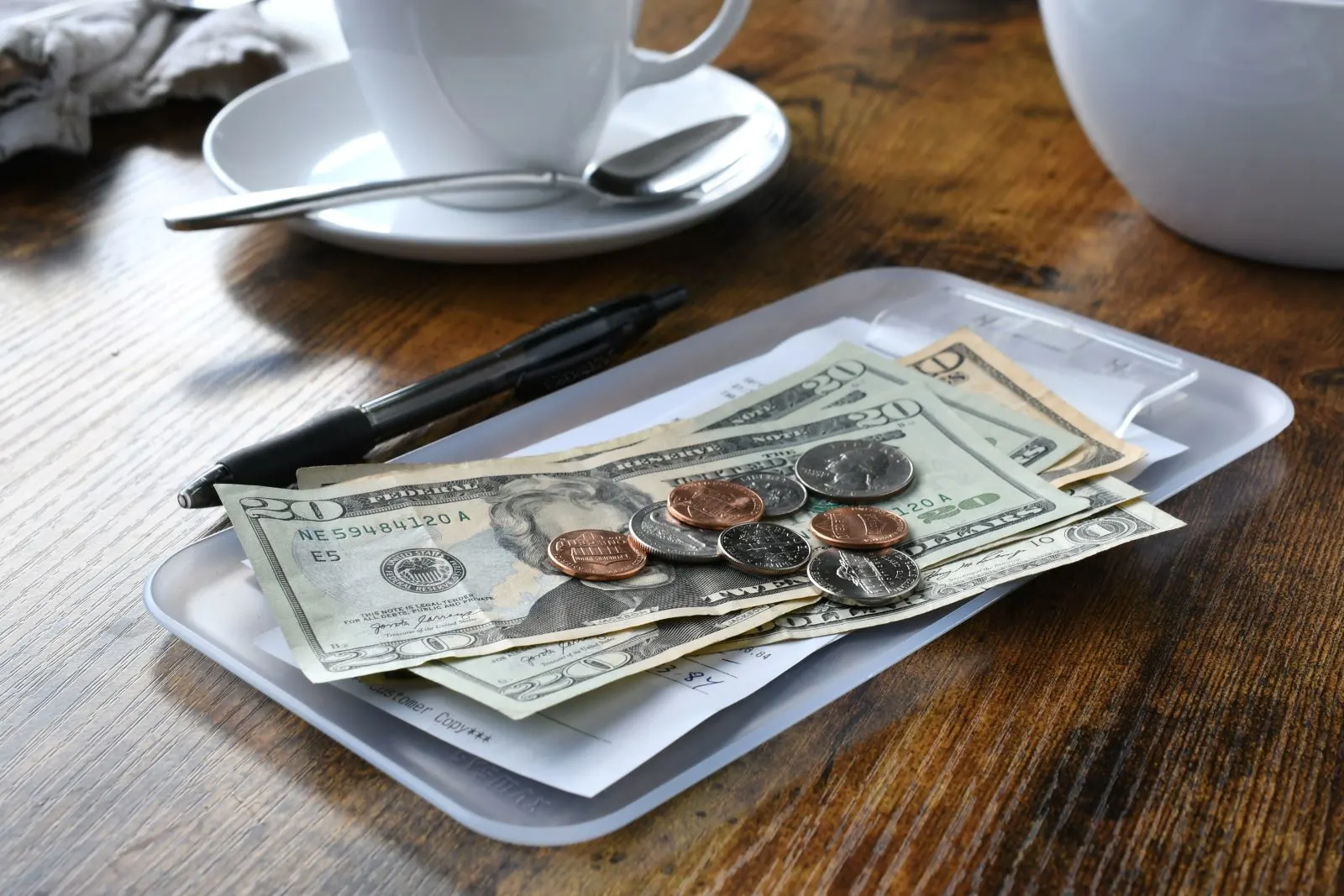
Image Credit: Shutterstock / MargJohnsonVA
When dining out, tips are generally expected. For sit-down meals, a 15-20% tip is standard. For counter service or coffee shops, tipping is more flexible—10% to 15% is a nice gesture, especially if you received excellent service or complicated orders.
3. Bars and Pubs
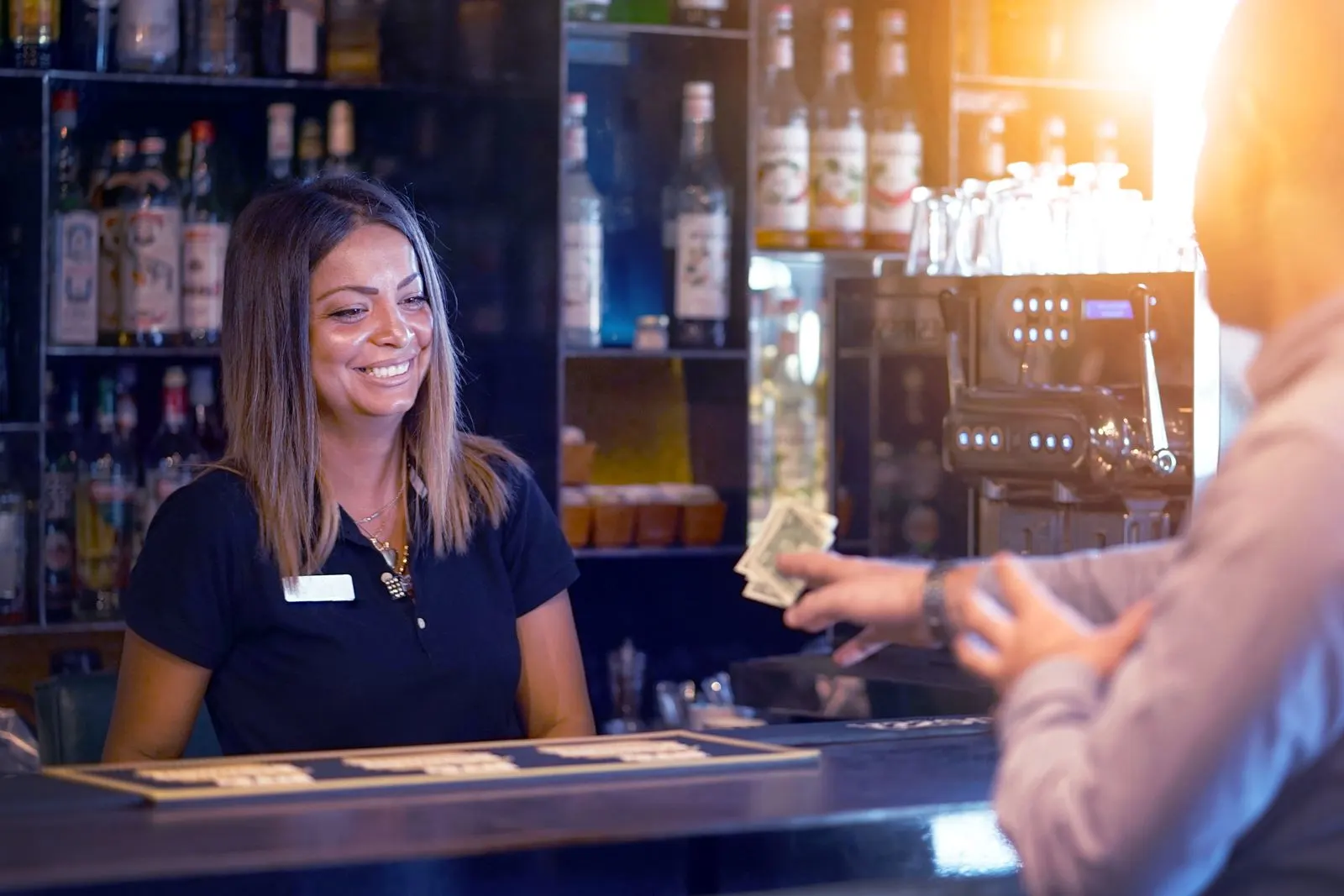
Image Credit: Shutterstock / lunopark
Tipping at bars can be a little different. Typically, you should tip $1 to $2 per drink, or about 15-20% of the tab. If you’re ordering a round of drinks or have been at the bar for a while, consider tipping more. Bartenders often rely on tips as a significant part of their income.
4. Hotels and Valets
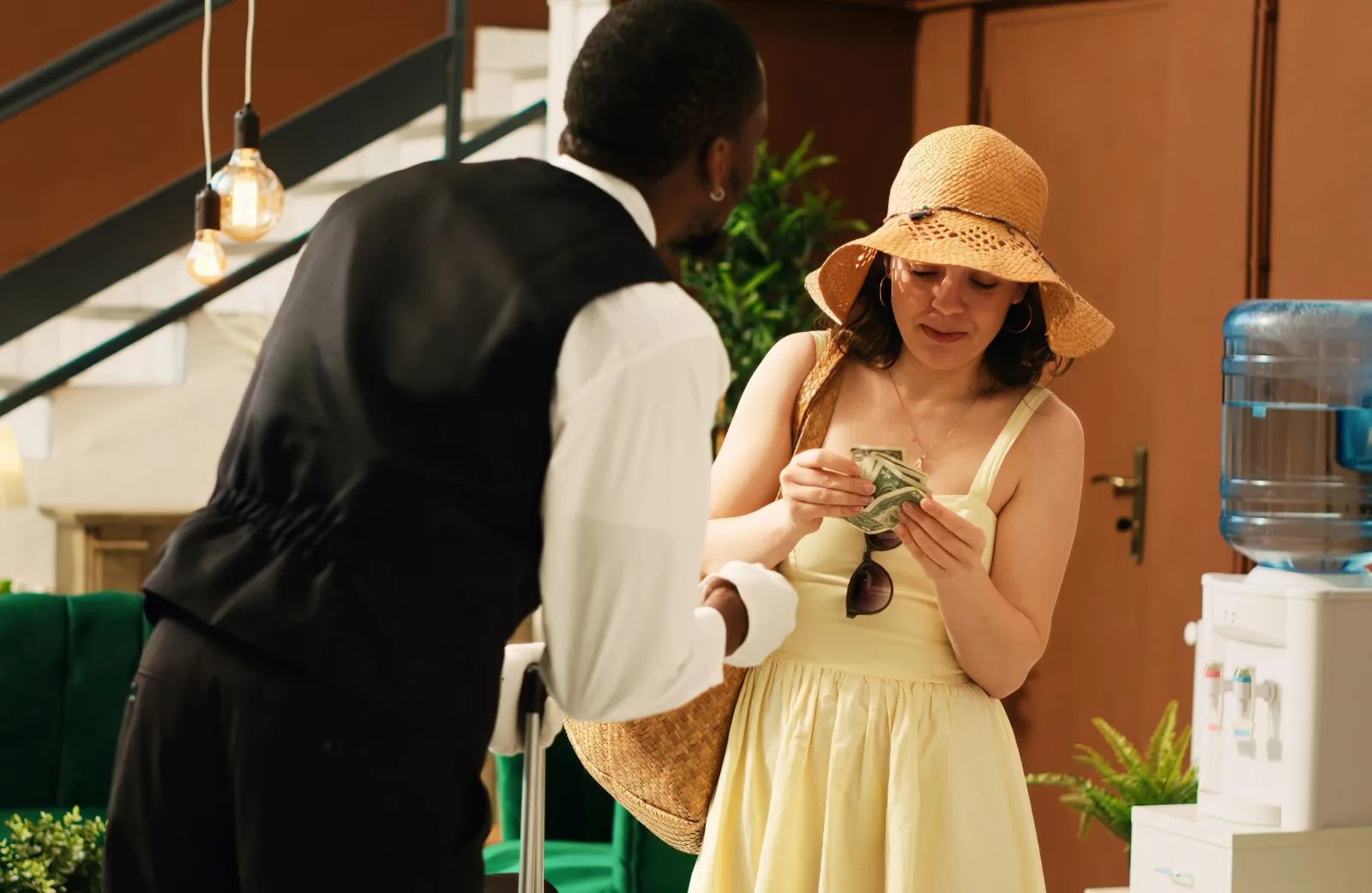
Image Credit: Shutterstock / DC Studio
Hotel tipping can vary depending on the service. Bellhops should receive $1 to $2 per bag, and housekeeping should be tipped $1 to $5 per night. If a valet parks your car, a $2 to $5 tip when you retrieve your car is standard. Remember, these small tips can make a big difference.
5. Taxis and Rideshares
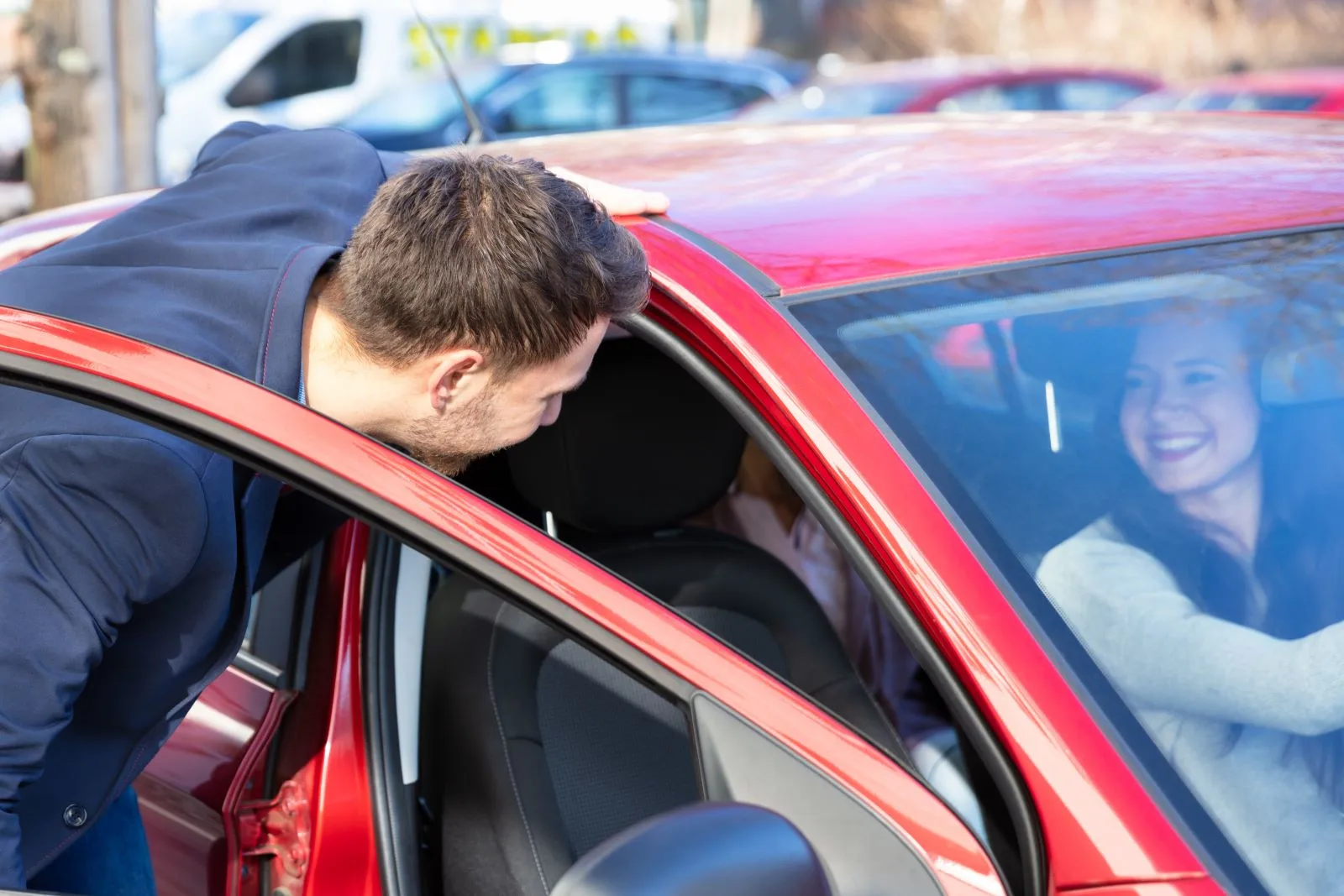
Image Credit: Shutterstock / Andrey_Popov
For taxis and rideshares like Uber and Lyft, a 15-20% tip is standard. If the driver helps with bags or provides exceptional service, consider tipping more. It’s a simple way to show appreciation for a job well done.
6. Delivery Services
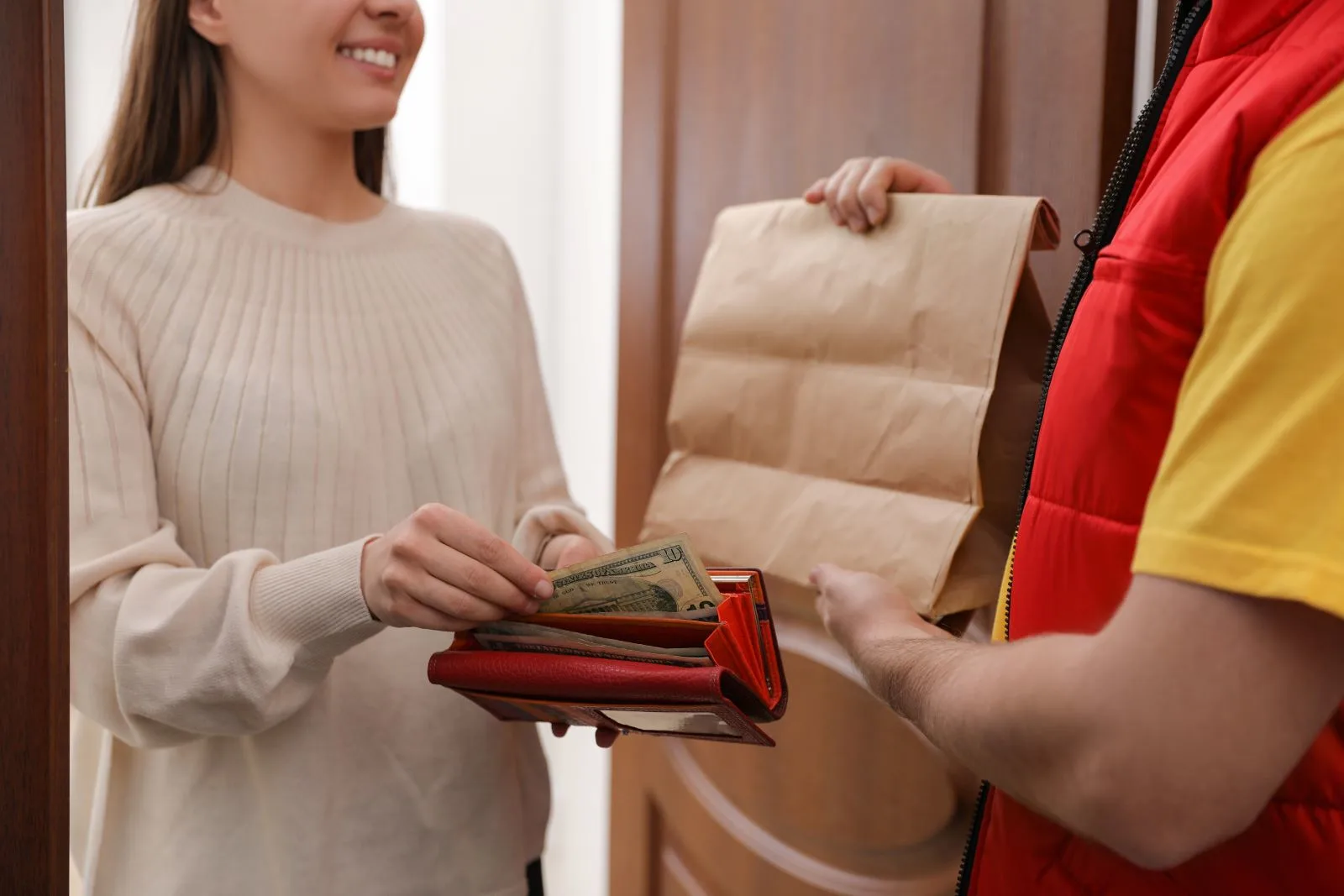
Image Credit: Shutterstock / New Africa
When getting food or packages delivered, a tip of $2 to $5 is standard, depending on the size of the delivery. If the weather is terrible or the delivery is complicated, tipping a little extra is always appreciated.
7. Tour Guides
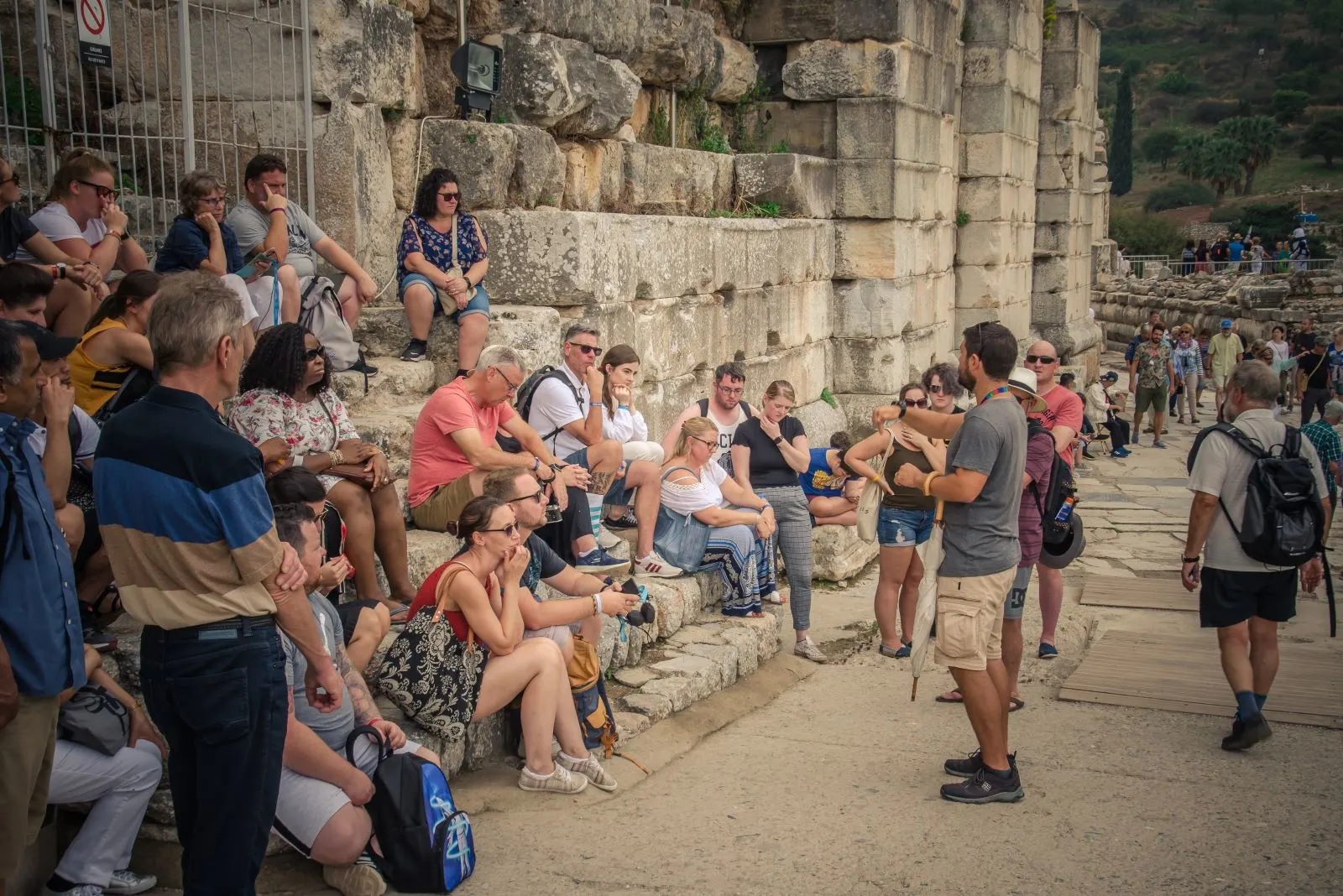
Image Credit: Shutterstock / Guiderom
Tour guides often go above and beyond to provide a great experience. A tip of $5 to $10 per person, or 10-20% of the tour cost, is standard. For private tours, tipping 10-20% of the total cost is a good practice.
8. Salon and Spa Services
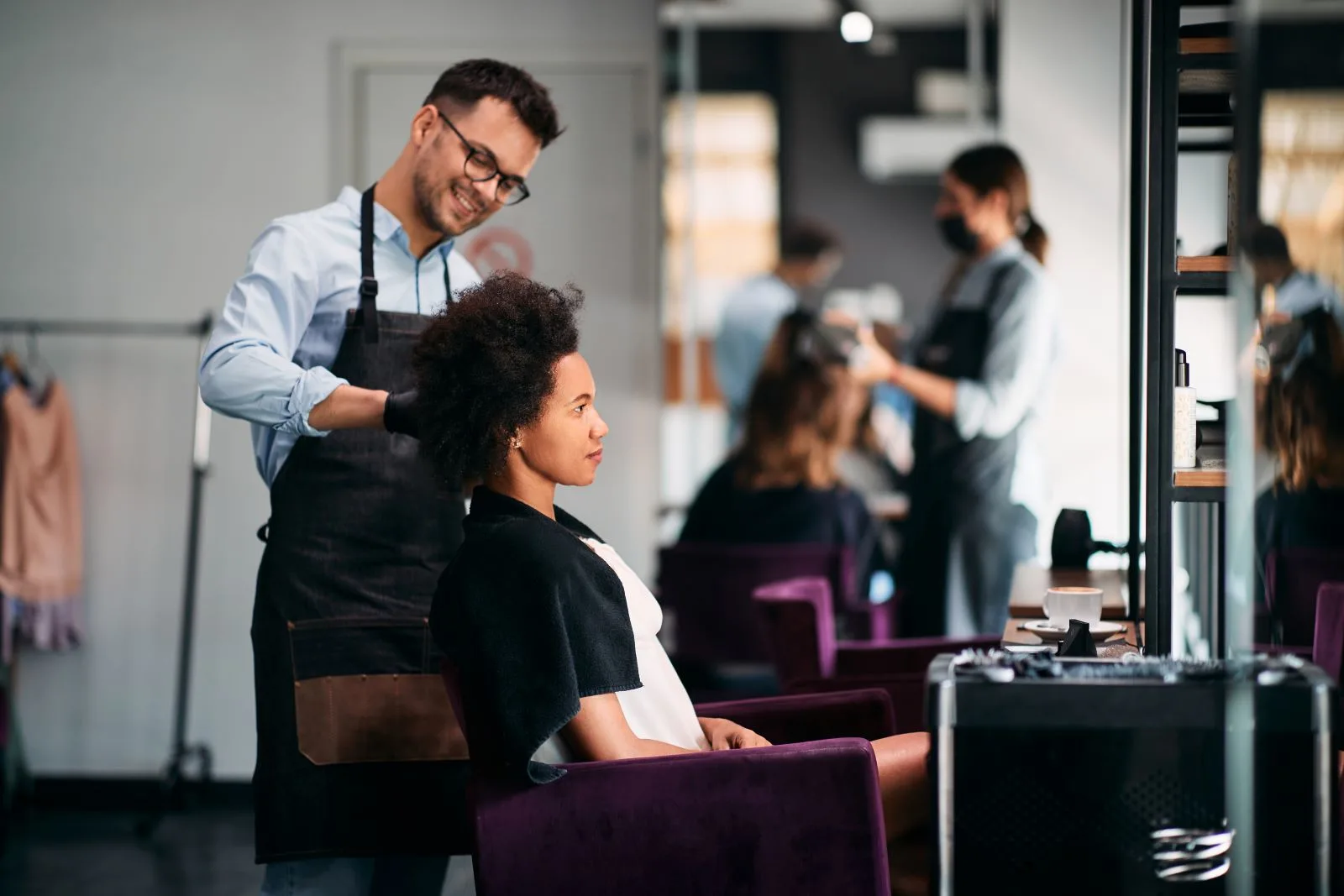
Image Credit: Shutterstock / Drazen Zigic
For beauty and wellness services like haircuts, massages, or nail treatments, a 15-20% tip is standard. If multiple people provide services, consider tipping each one individually. It’s a nice way to acknowledge their hard work.
9. Don’t Forget Small Services
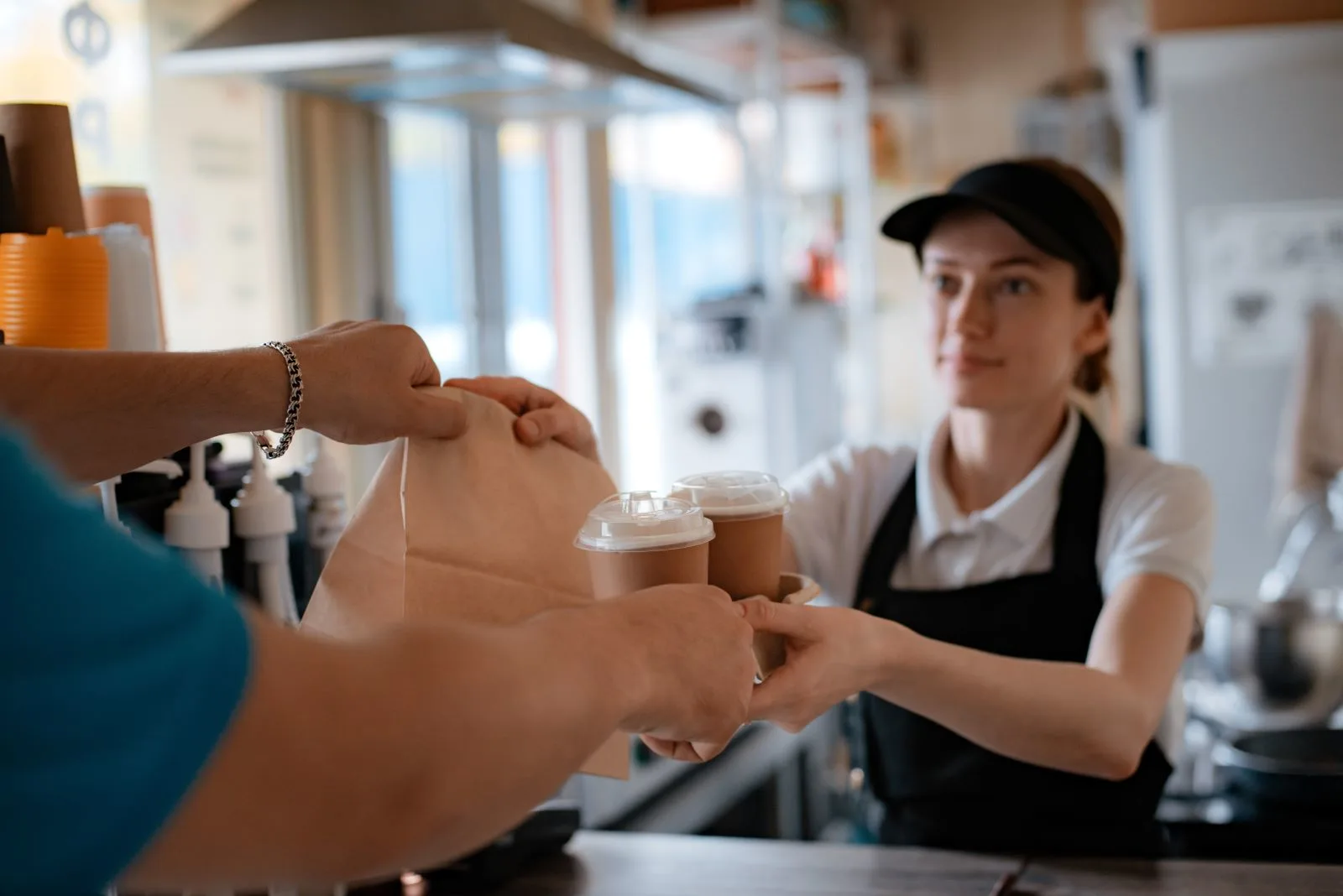
Image Credit: Shutterstock / Juliya Shangarey
Even for smaller services like coat checks ($1-$2 per item), restroom attendants ($0.50-$2), or coffee shop baristas (a dollar or loose change), tipping is a sign of gratitude. It may seem small, but it’s part of showing appreciation.
10. Understand Cultural Differences
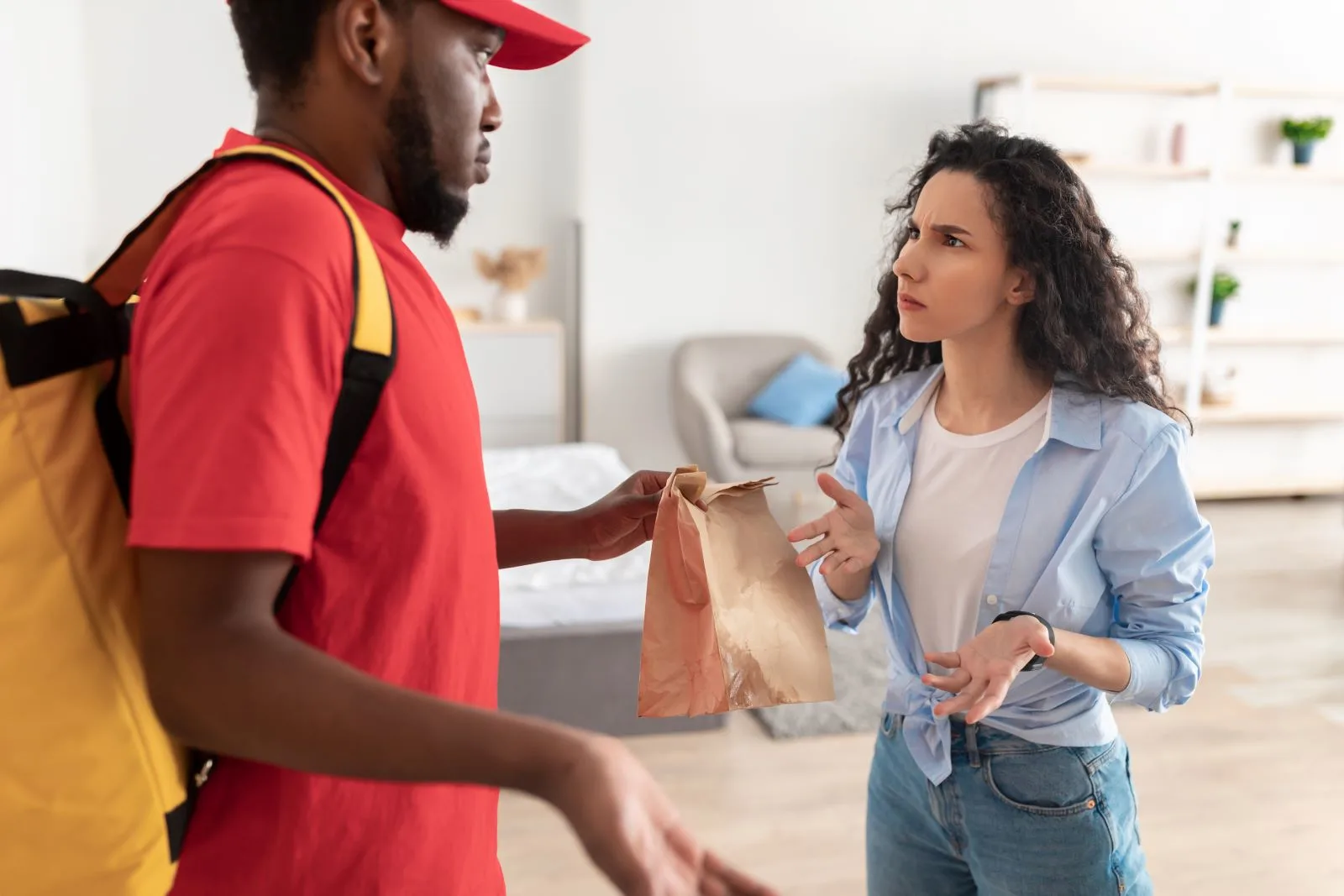
Image Credit: Shutterstock / Prostock-studio
Tipping isn’t universal, and what’s normal in the U.S. may not be elsewhere. Understanding this can help prevent misunderstandings. In the U.S., tips are a significant part of many workers’ incomes, so your tips matter more than you might think.
11. When Not to Tip
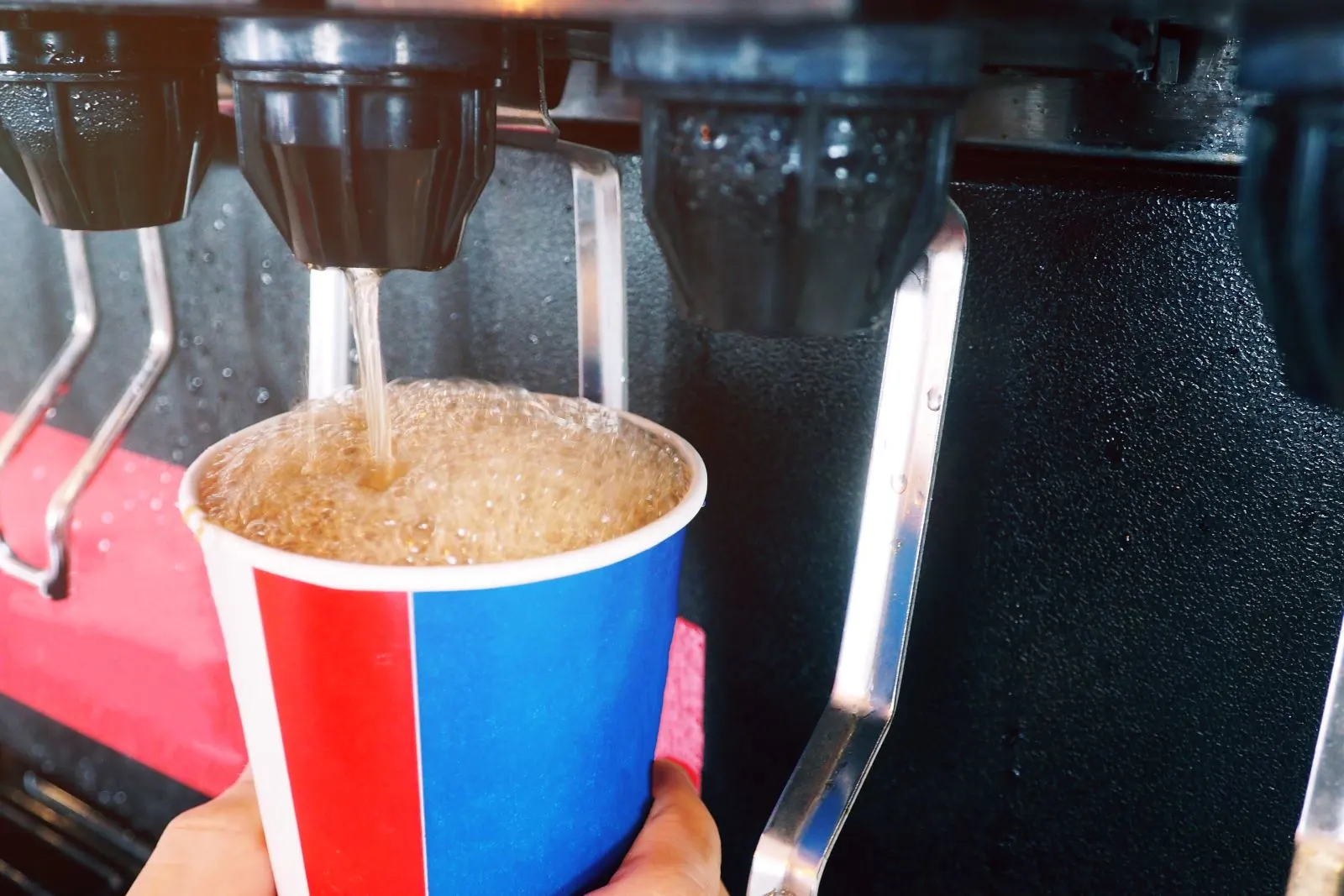
Image Credit: Shutterstock / topperspix
Sometimes, tipping isn’t necessary or even expected. Self-service places, fast food restaurants, and places where tips are already included in the bill (like certain upscale restaurants) might not require an extra tip. Check your bill to see if a service charge has been added.
12. Digital Tipping
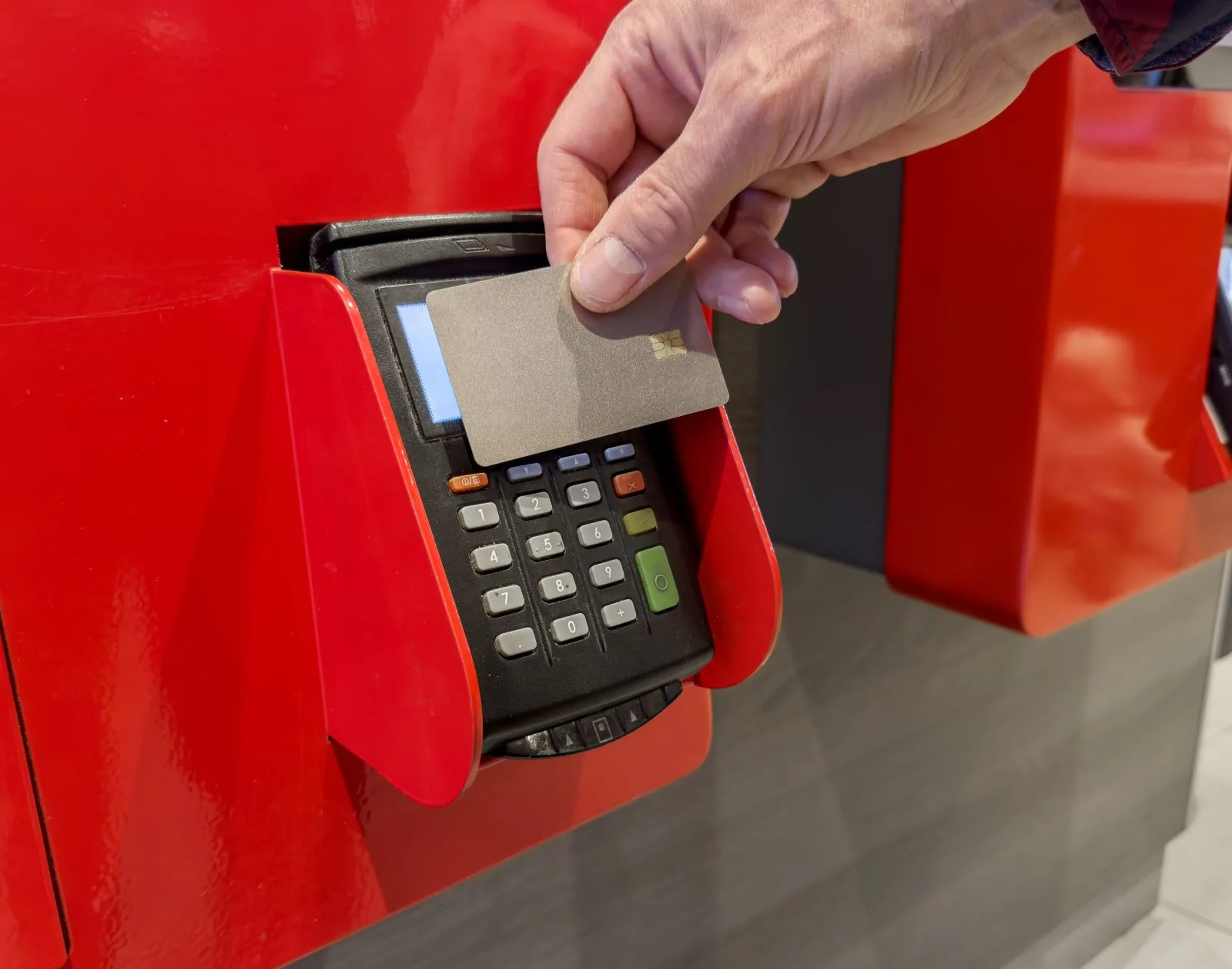
Image Credit: Shutterstock / valiantsin suprunovich
With more services going cashless, digital tipping options are common. Many receipts and digital payment options will include a space to add a tip. Make use of these options if you’re not carrying cash, as they ensure workers still receive their tips.
13. What If Service Isn’t Great?
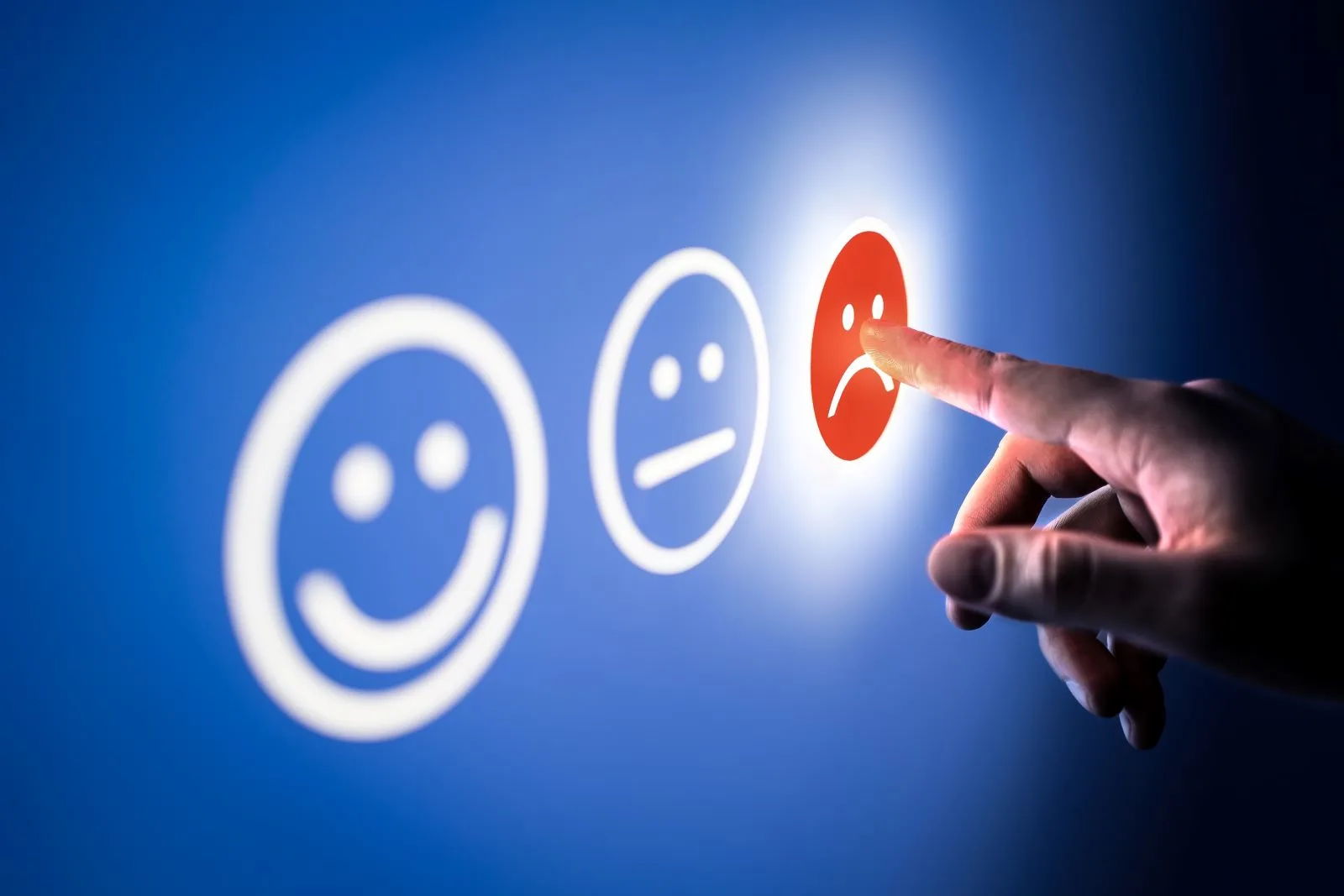
Image Credit: Shutterstock / Tero Vesalainen
Tipping is generally expected regardless of service quality. If the service was poor, it’s okay to tip on the lower end of the scale (around 10-15%) and speak to the management about your experience. Avoiding a tip altogether is rare and usually reserved for extremely poor service.
14. Tipping at Buffets

Image Credit: Shutterstock / Putri Aurina
Even at buffet restaurants, tipping is appreciated. A tip of $1 to $2 per person is standard, especially if servers bring drinks, clear plates, or provide other services. It’s a way to thank them for their efforts, even if you’re serving yourself.
15. Ask When in Doubt

Image Credit: Shutterstock / fizkes
If you’re unsure whether or how much to tip, it’s okay to ask. Hotel concierges, restaurant staff, or locals can offer advice. Remember, it’s better to ask and tip appropriately than to accidentally short-change someone who relies on tips.
18 Countries That Don’t Want American Visitors
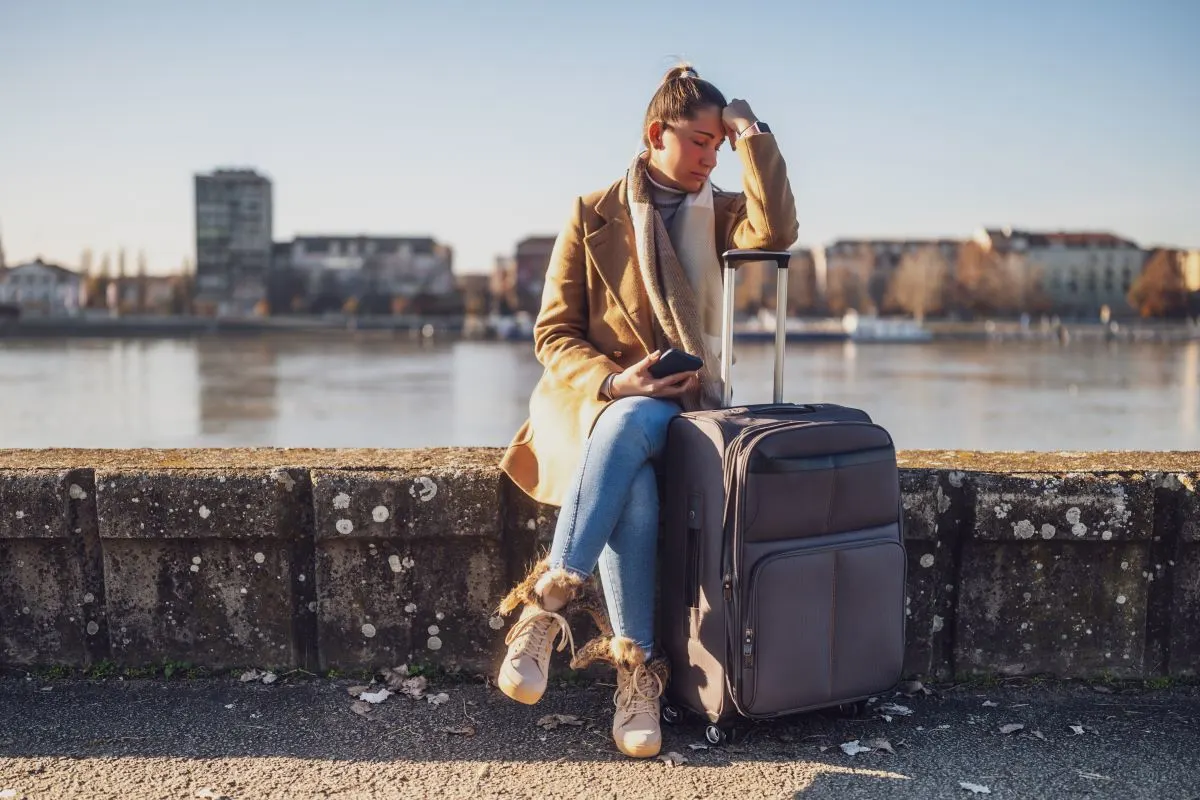
Image Credit: Shutterstock / InesBazdar
It’s time for a reality check, American travelers. As you pack your bags and head overseas, ready to stamp your passport, it’s becoming glaringly obvious that not every destination is thrilled to see you. 18 Countries That Don’t Want American Visitors
18 High-Crime Cities in the US You Should Avoid
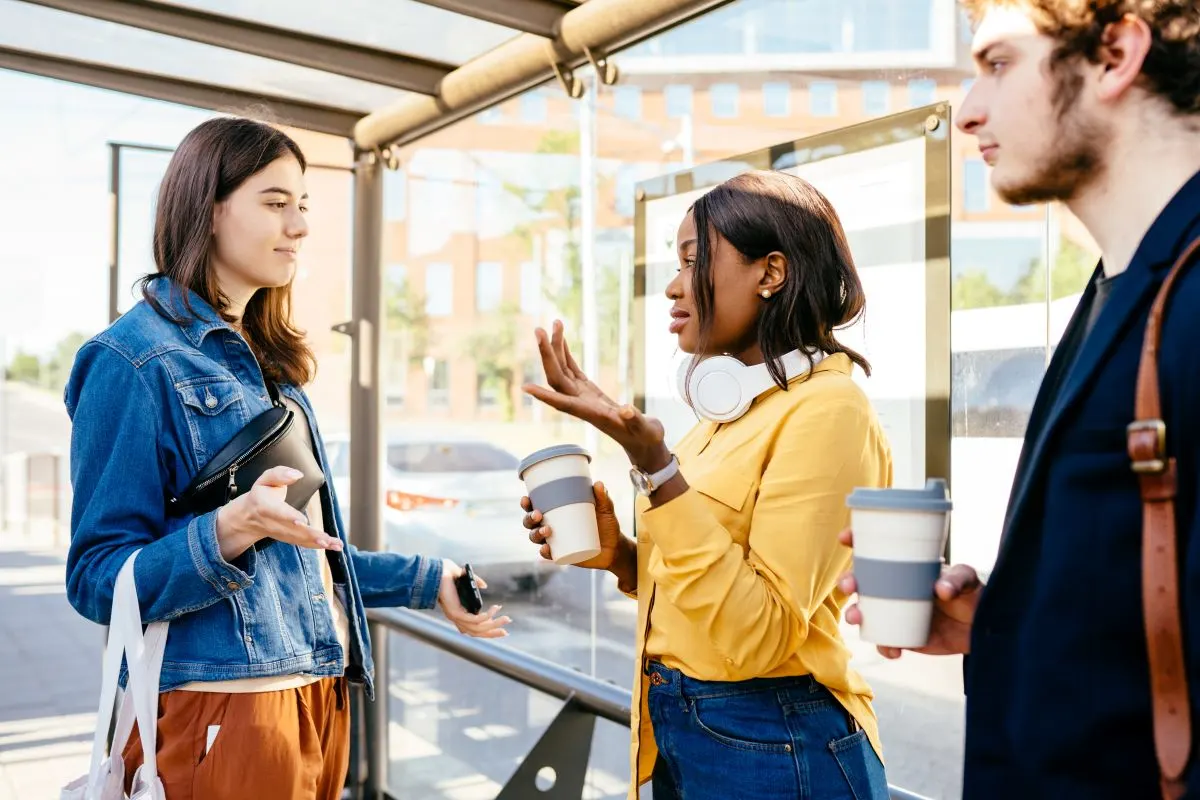
Image Credit: Shutterstock / Iryna Inshyna
American cities promise rich culture and unforgettable experiences, but rising crime rates can catch travelers off guard. This guide helps you stay safe while fully enjoying your adventures. 18 High-Crime Cities in the US You Should Avoid
What Cruise Lines Don’t Want You to Know: 20 Candid Insights
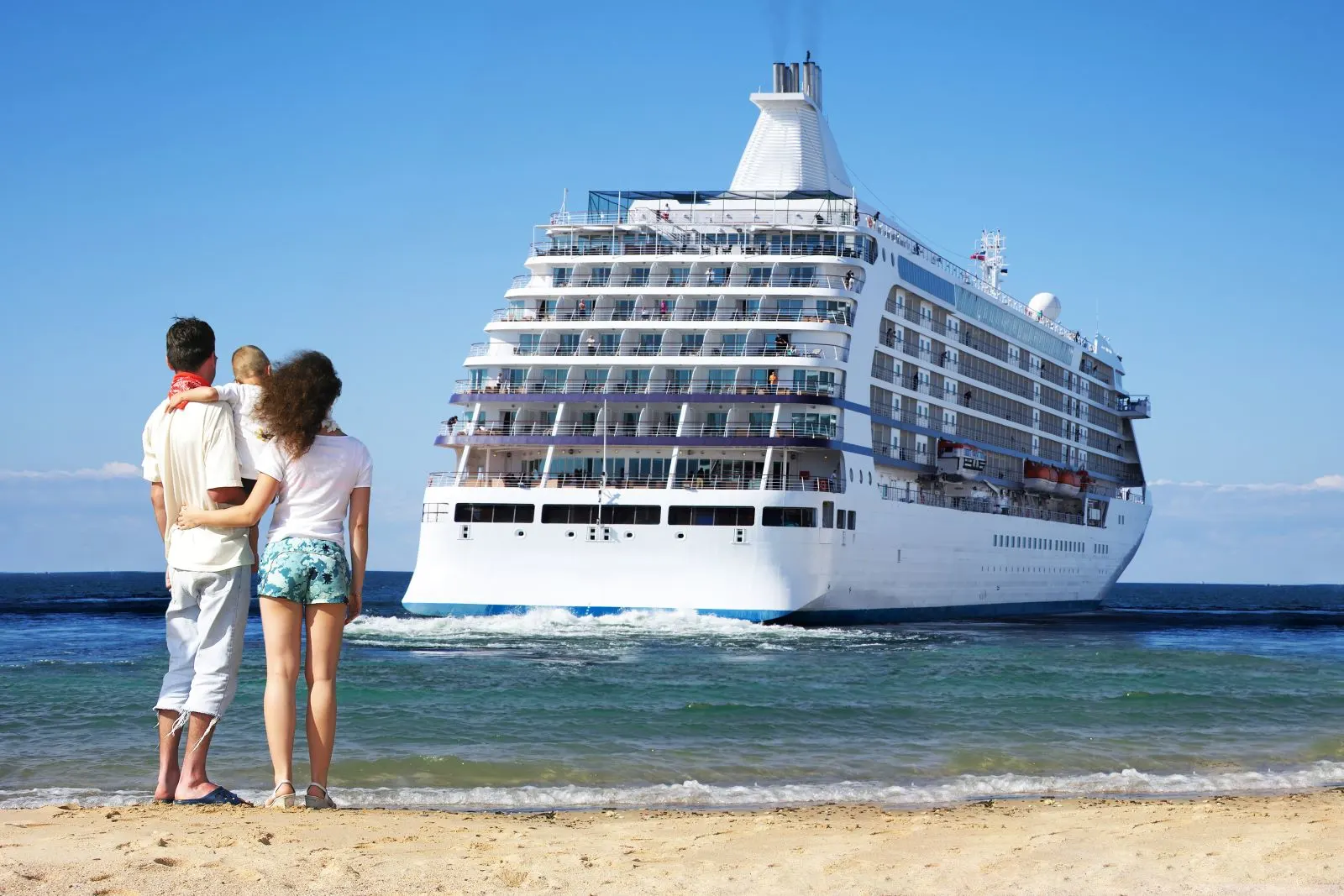
Image Credit: Shutterstock / Pavel L Photo and Video
Thinking about booking a cruise for your next getaway? Let’s have a real talk first. While cruising might seem like a breezy way to see the world, there are a few not-so-sunny truths that might make you reconsider. What Cruise Lines Don’t Want You to Know: 20 Candid Insights
Featured Image Credit: Shutterstock / Lysenko Andrii.
The content of this article is for informational purposes only and does not constitute or replace professional advice.
The images used are for illustrative purposes only and may not represent the actual people or places mentioned in the article.
Tips for Trip Success
Book Your Flight
Find an inexpensive flight by using Kayak, a favorite of ours because it regularly returns less expensive flight options from a variety of airlines.
Book Your Hotel or Special Accommodation
We are big fans of Booking.com. We like their review system and photos. If we want to see more reviews and additional booking options, we go to Expedia.
You Need Travel Insurance!
Good travel insurance means having total peace of mind. Travel insurance protects you when your medical insurance often will not and better than what you get from your credit card. It will provide comprehensive coverage should you need medical treatment or return to the United States, compensation for trip interruption, baggage loss, and other situations.Find the Perfect Insurance Plan for Your Trip
PassingThru is a participant in the Amazon Services LLC Associates Program. As an Amazon Associate I earn from qualifying purchases.
To view PassingThru’s privacy policy, click here.
